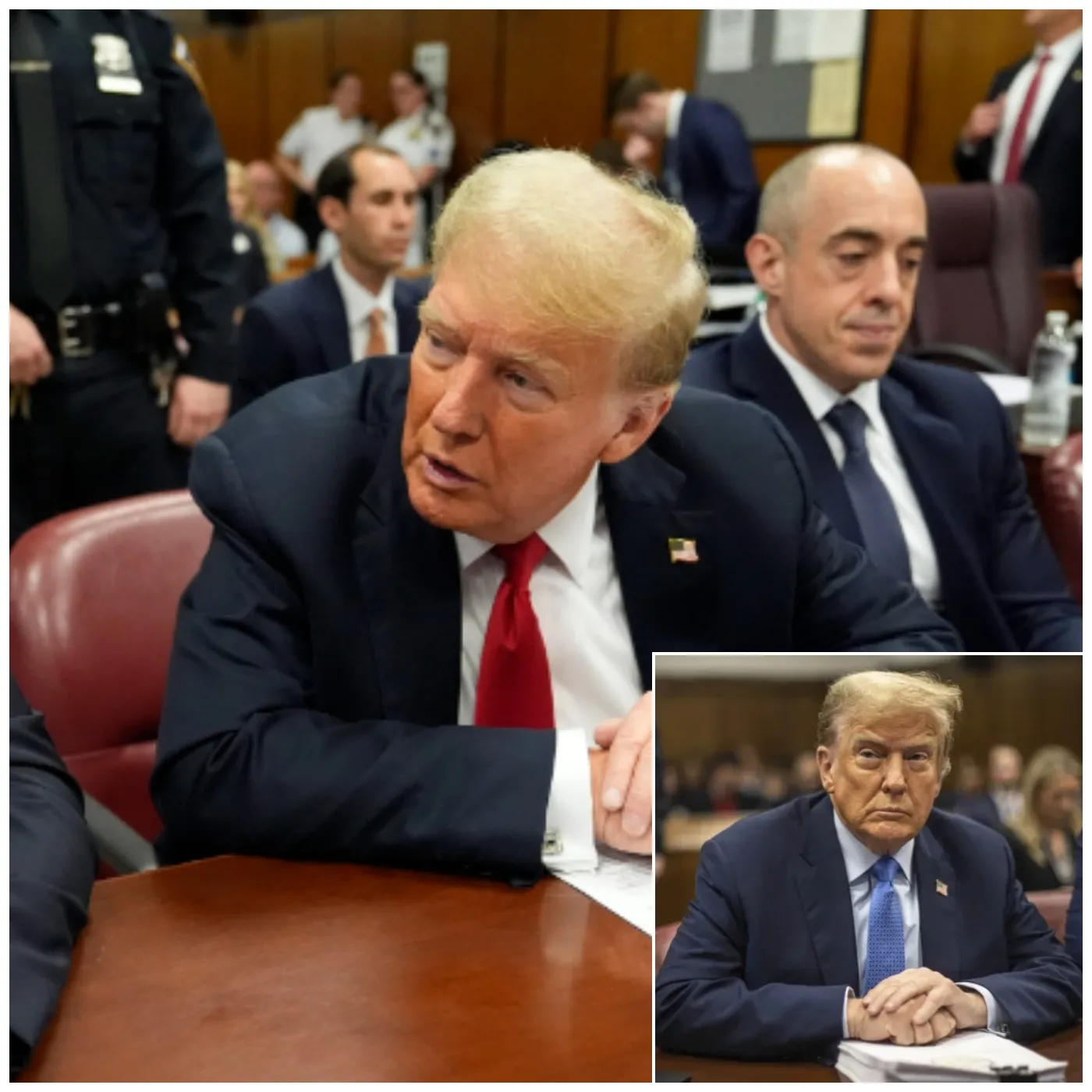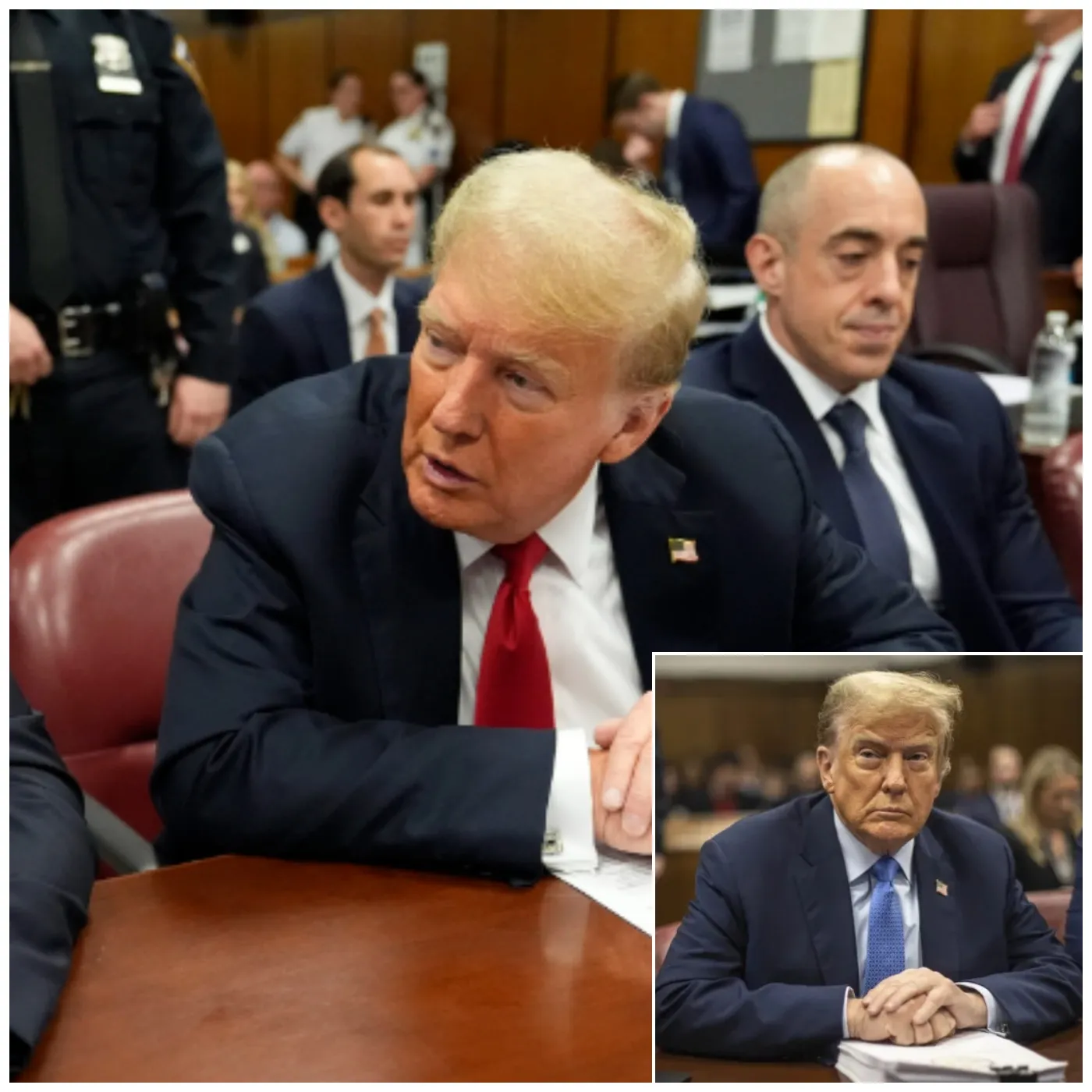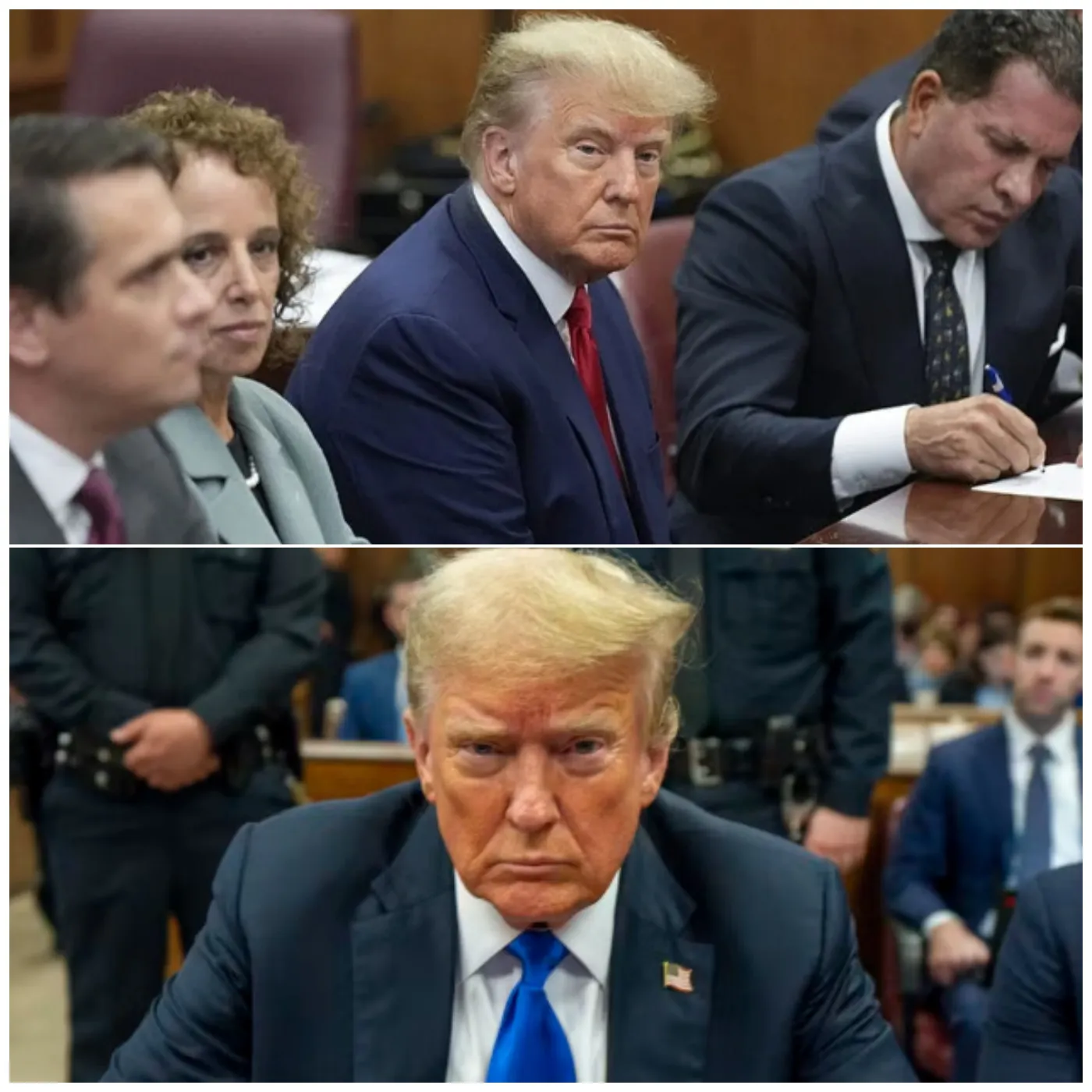
Former President Donald Trump has faced numerous legal challenges, but one of his most recent setbacks occurred when a federal judge denied his attempt to move his hush money case from a New York state court to federal court. With the sentencing scheduled for September 18, 2024, this ruling has significant implications for Trump’s ongoing legal battles and his future. This article will delve into the details of the case, the court’s decision, and what it means for Trump moving forward.

Why Did Trump Seek to Transfer the Case?
Trump’s legal team argued that the New York state court, under Judge Juan Merchan, was biased against him. They sought to have the case moved to federal court, believing that it would offer a more impartial setting, especially in light of a recent Supreme Court ruling on presidential immunity. Trump’s attorneys claimed that the trial had included evidence that violated this ruling, which limits prosecutions involving official presidential actions.
The Federal Court’s Ruling:
On Tuesday, U.S. District Judge Alvin Hellerstein denied Trump’s request, stating that allegations of bias in state court proceedings should be addressed by state appellate courts rather than a federal court. Judge Hellerstein also reiterated his previous ruling that the hush money payments to Stormy Daniels were private and unofficial acts, unrelated to Trump’s duties as President of the United States. As such, these actions do not fall under federal jurisdiction, and the case will remain in the state court.
The Background of the Hush Money Case:
In May 2024, Donald Trump was convicted on 34 felony counts of falsifying business records. These charges stem from a $130,000 payment made to adult film star Stormy Daniels in the lead-up to the 2016 presidential election. The payment, which Trump’s former attorney Michael Cohen facilitated, was allegedly made to prevent Daniels from going public with her claim of having an affair with Trump in 2006. Trump has denied the affair but was found guilty of falsifying records to conceal the payment as legal expenses.
What’s Next for Trump?
With the federal court rejecting his bid, Trump’s sentencing is set to proceed in New York state court on September 18, 2024. Trump’s legal team has also filed a separate request to delay sentencing until after the 2024 presidential election, arguing that the case could impact the election’s outcome. However, Judge Merchan has yet to rule on this request, which adds another layer of uncertainty to Trump’s legal future.

The Impact on Trump’s Presidential Aspirations:
This legal defeat complicates Trump’s ambitions for the 2024 presidential race. While he continues to maintain a strong base of support, the looming sentencing could have significant consequences. If Trump is sentenced to prison, it would mark an unprecedented moment in U.S. history—a former president facing incarceration while actively pursuing another term in office.
The denial of Trump’s request to move his hush money case to federal court marks a pivotal moment in his ongoing legal saga. As the September 18 sentencing date approaches, all eyes will be on the New York state court to see how this case unfolds and what it means for Trump’s political future. With legal challenges mounting, Trump’s path forward remains uncertain, but the implications of this ruling are undeniably significant.






